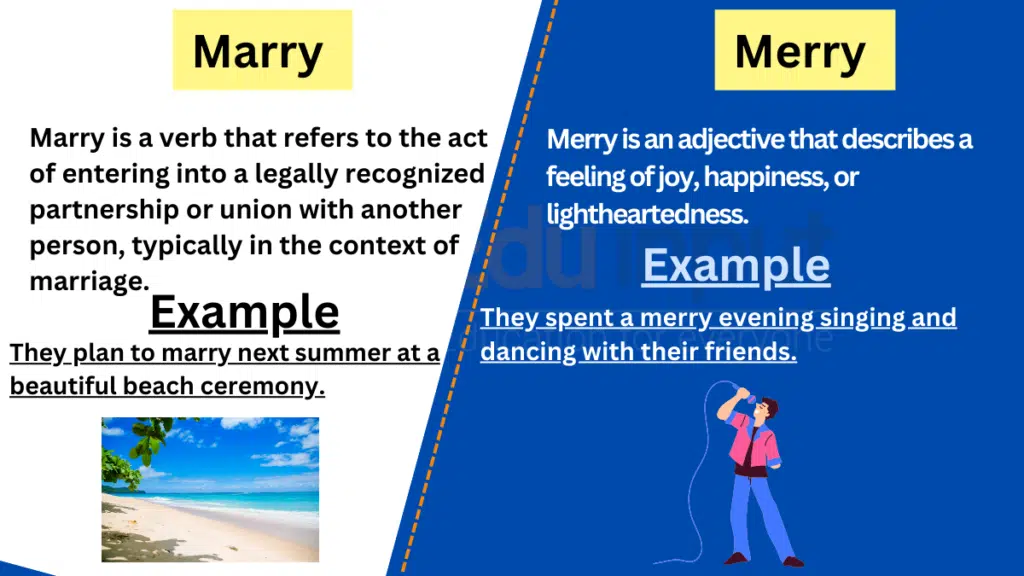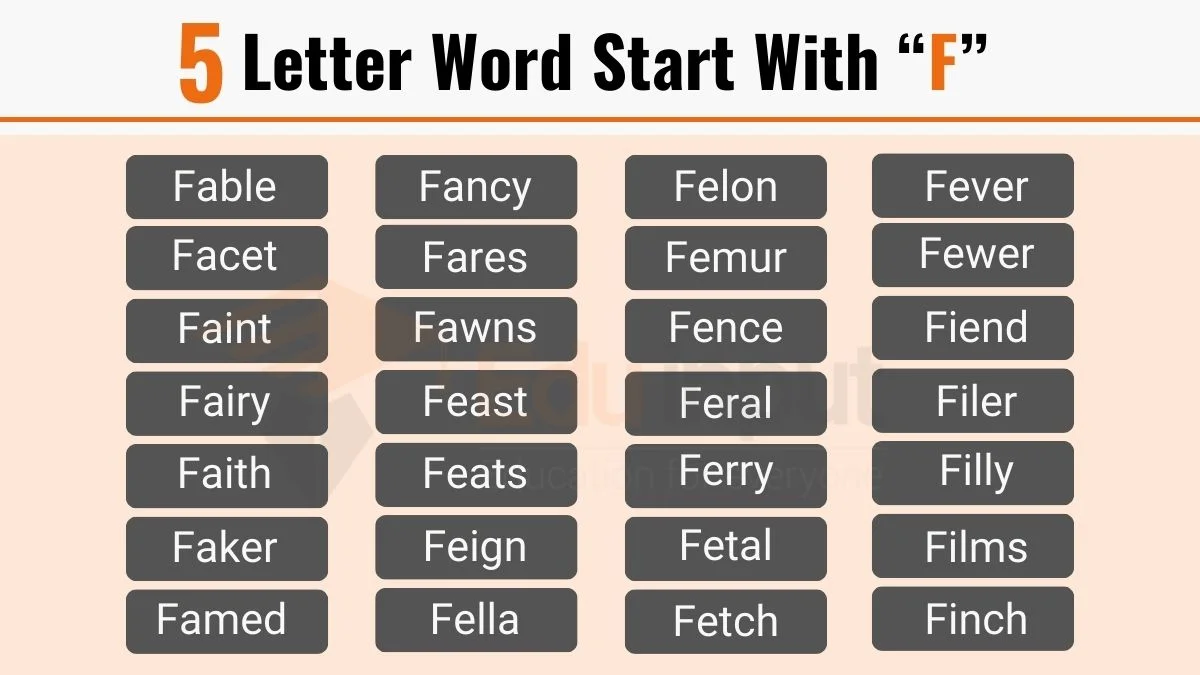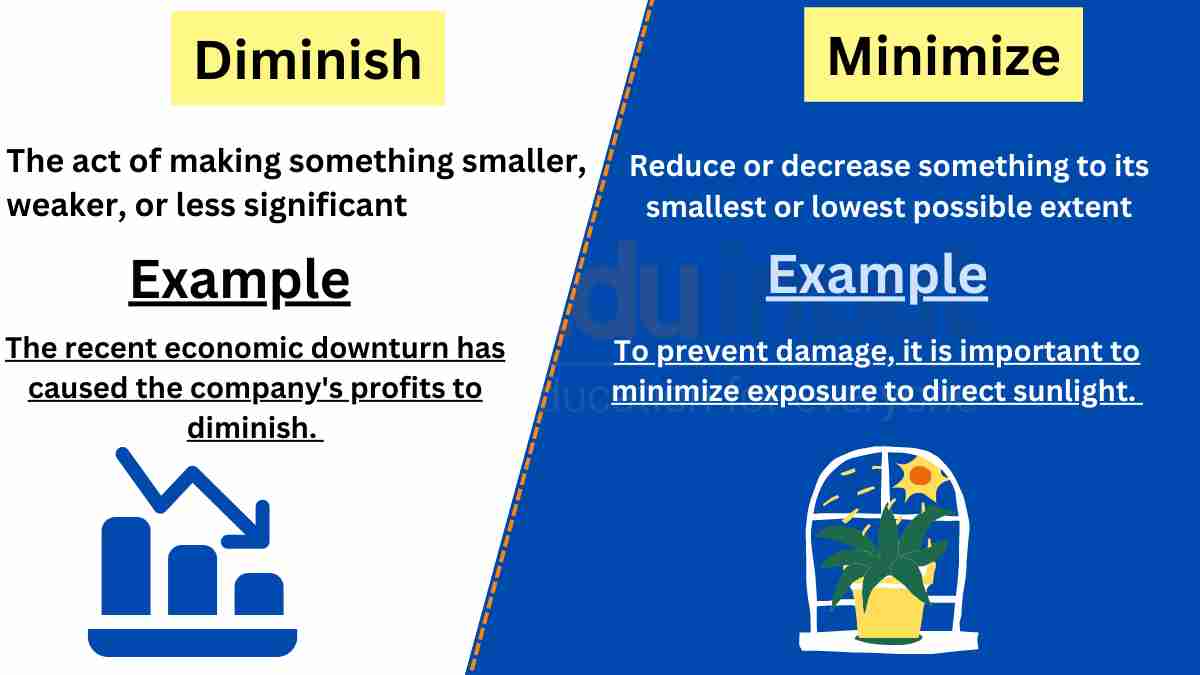Marry vs. Merry-Difference between and examples
In the English language, there are several pairs of words that sound alike but have different meanings. One such pair is “marry” and “merry.” Although they share a similar pronunciation, these words have distinct definitions and applications. This article aims to clarify the differences between “marry” and “merry,” providing insight into their individual contexts and usage. By understanding their unique meanings, we can navigate conversations with accuracy and precision. Join us as we explore the contrasting realms of matrimony and joy.

Meanings and Examples
Marry meaning
Marry is a verb that refers to the act of entering into a legally recognized partnership or union with another person, typically in the context of marriage.
Marry Examples
a) They plan to marry next summer at a beautiful beach ceremony.
b) After dating for several years, they finally decided to marry.
c) In many cultures, it is customary for couples to marry in a religious ceremony.
Merry meaning
Merry is an adjective that describes a feeling of joy, happiness, or lightheartedness.
Merry Examples
a) During the holiday season, people gather to celebrate and exchange merry greetings.
b) The children were excited and joyful, making the atmosphere merry.
c) They spent a merry evening singing and dancing with their friends.
Difference between Marry and Merry
| Marry | Merry | |
| Meaning | Enter into a legally recognized partnership or union | Joyful, happy, lighthearted |
| Example | “They plan to marry next summer in a beautiful beach ceremony.” | “During the holiday season, people gather to celebrate and exchange merry greetings.” |
| Usage | Matrimony, marriage | Happiness, joy, festive occasions |
| Context | Wedding, relationships | Celebrations, festivities |
Usage in a Paragraph
The verb “marry” is used to describe the act of entering into a legally recognized partnership or union, most commonly in the context of marriage. When two individuals decide to marry, they are formalizing their commitment and embark on a lifelong journey together. This term is frequently used to discuss weddings, engagements, and relationships. For instance, couples often plan and prepare for their wedding day, where they officially marry and exchange vows in the presence of family and friends.
On the other hand, the adjective “merry” conveys a sense of joy, happiness, or lightheartedness. It describes a state of cheerfulness and is often associated with festive occasions and celebrations. During holidays or special events, people come together to share merry moments filled with laughter, happiness, and positive energy. The term “merry” is commonly used to describe the atmosphere, mood, or overall feeling of joy during these joyous occasions.
While “marry” and “merry” may sound similar, they have distinct meanings and uses. “Marry” is a verb that pertains to the act of entering into a legally recognized partnership or union, typically in the context of marriage. It is associated with weddings, engagements, and relationships. On the other hand, “merry” is an adjective that signifies joy, happiness, or lightheartedness, particularly during festive occasions and celebrations. By understanding the nuances of these words, we can communicate effectively and avoid confusion in discussions related to matrimony or joyful experiences.







Leave a Reply